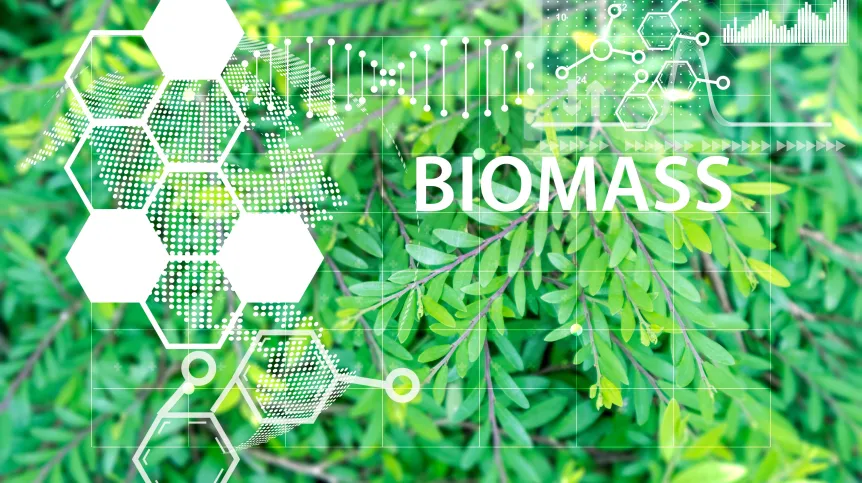
Biocarbon lubricants in which non-renewable raw fossil materials will be replaced with waste.
The biomass are being developed by scientists from the Łukasiewicz - Institute for Sustainable Technologies in collaboration with Fuchs Oil and intend to achieve parameters comparable to commercial graphite lubricants used primarily in the automotive industry.
The project received funding from the Foundation for Polish Science. Researchers from the Bioeconomy and Ecoinnovation Centre at the Łukasiewicz - Institute for Sustainable Technologies will develop recipes and principles for composing a new lubricant as part of effective cooperation with business. This means the mutual exchange of knowledge or technology and leads to the achievement of a common goal while dividing work and risk. Once positive results are obtained, the solution will be implemented.
Dr. Jarosław Molenda from the institute says that the technological challenge in the field of lubricants is replacing graphite with other products with a similar microstructure, but obtained from waste plant biomass. So far, no one has used chars from lignocellulosic waste as a substitute for fossil graphite used as a component of plastic lubricants.
Topics related to the processing of various types of biomass, including algae and plant processing waste into ecological carbon materials has been developed at the institute for several years.
The project 'Use of char from waste lignocellulosic biomass as a substitute for non-renewable raw materials for the production of innovative biochar lubricants', prepared by Dr. Molenda and Dr. Monika Makowska, was included in the list of approved Proof of Concept FENG applications.
The Foundation for Polish Science selected 28 projects for financing. Two of them were submitted by scientists from the Łukasiewicz Research Network. In addition to scientists from the Łukasiewicz - Institute for Sustainable Technologies, employees of the Łukasiewicz - Institute of Heavy Organic Synthesis 'Blachownia' can also boast success. They will develop new cosmetics in collaboration with Onlybio.life S.A. According to the institute's website, these cosmetics will be based on plant material that is waste from wine production.
PAP - Science in Poland
kol/ agt/ kap/
tr. RL













